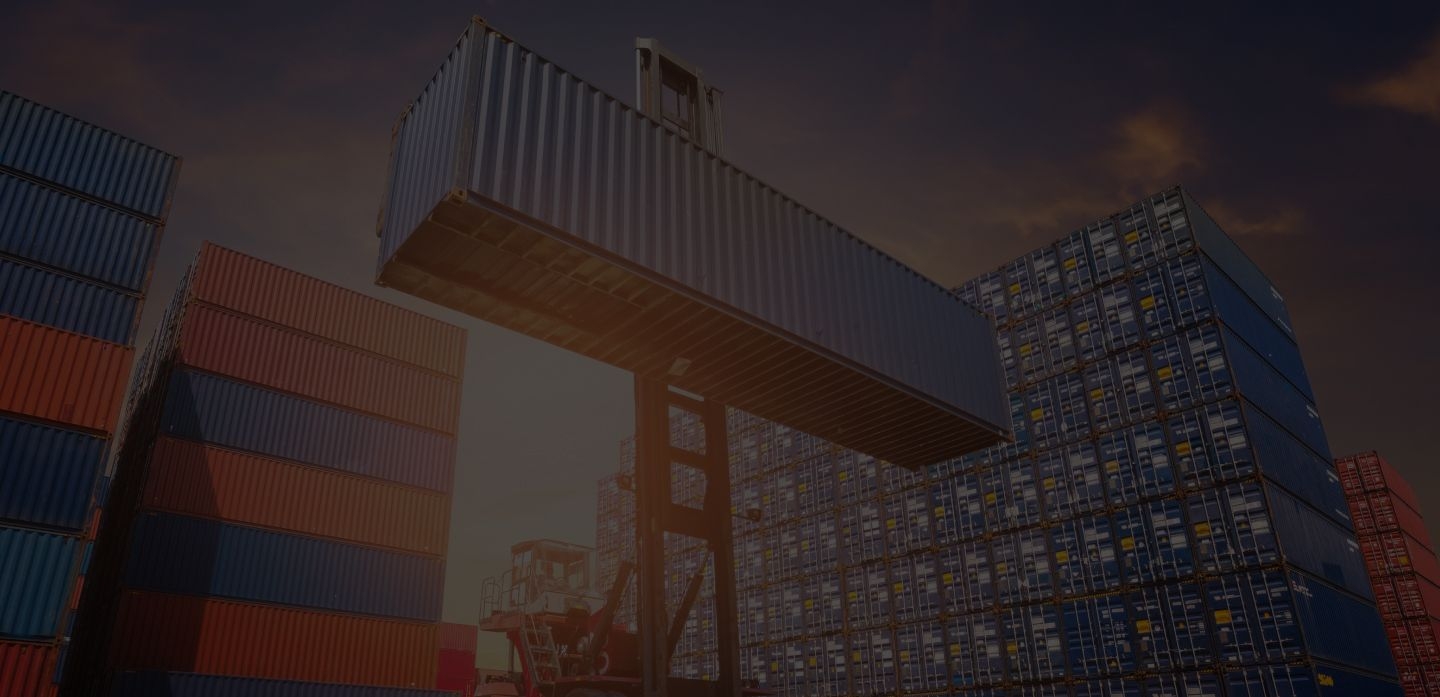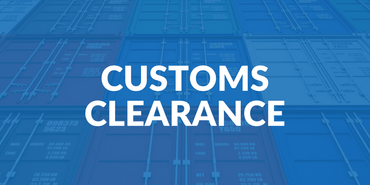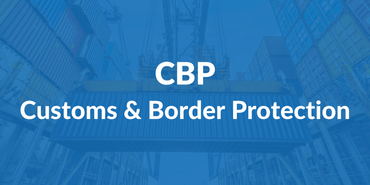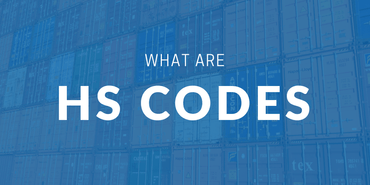
All about the Fumigation Certificate



![]()
A fumigation certificate, frequently referred to as a pest-control certificate, is a document used to confirm that all wooden packing materials in a cargo shipment have been fumigated.
Materials that require sterilization or fumigation before international shipping are raw wood items such as wood pallets or crates, wool, dunnages, and drums. However, wood-derived products like cardboards, particleboard (chipboard), and other man-made materials are exempt.
A fumigation certificate is compulsory when shipping international or ocean freight cargo. Failure to comply with these measures risks your cargo not being sent, liquidated, or quarantined upon arrival in other ports.
Why is the Fumigation Certificate Required?
International Standards for Phytosanitary Measures (ISPM 15) were introduced in 2002 to standardize wooden packaging phytosanitary measures. Previously, global trade was impeded by a complex range of restrictions required by different authorities. ISPM 15 measures set out a standard required for all exporters that aim to halt the spread of vermin by treating all wooden packaging.
These measures were enforced because insects and fungi residing in the shipping timber of wood, can spread out into forests and wetlands, causing devastation to trees and plants. With millions of wood paletts being shipped internationally per day to facilitate the import and export of goods, this poses a considerable problem for the conservation of wildlands.
When is a Fumigation Certificate Required
International trading partners are adopting ISPM15 into their import regulations. The National Plant Protection Organization of the United States (NPPO) and the United States Department of Agriculture have worked with the wood packaging material industry to develop an export program that meets global import requirements.
This program works to ensure wood packaging materials for international trade are certified when treated. A key aspect of compliance within this program ensures materials are traceable to their origin.
Details required for the fumigation certificate
The details required on a fumigation certificate are information about what the purpose of the fumigation treatment was and a list of the fumigants used. Additionally, the amount of time these fumigants were used and the temperature range during fumigation must be detailed.
The ISPM 15 recognizes four different approaches to eliminating the possible problems caused by insects and contaminants contained in shipping wood.
Heat Treatment
Heat Treatment (HT) requires wood to be heated until its core reaches 56 degrees Celcius for a minimum of 30 minutes. Timber packaging or wood is placed into a specialist kiln or industrial microwave, making it uninhabitable to insect life. Pallets treated with HT carry an HT stamp.
Kiln Drying
Kiln drying is similar to (HT), but it also reduces the moisture content in the wood. Pallets are placed inside large heating chambers or kilns and heated slowly in a process that evaporates excess moisture. Because the purpose of Kiln Drying is to reduce moisture and not specifically pest eradication, appropriate IPSM 15 moisture standards must be heeded and documented. Kiln-dried treated wood also comes with an HT stamp.
Methyl Bromide
Methyl Bromide (MB) is the lengthiest process that is considered acceptable for IPSM 15. MB, commonly known as bromomethane, is a colorless, odorless gas that was traditionally used as a pesticide and fumigant in agriculture. It is slowly being phased out of general use due to its toxicity, but it is suitable for treating wood in a controlled environment.
Typically it is applied with either container fumigation, where the entire container that contains the wood is filled with MB and quarantined for 24hrs, then aerated and released. Another method approved for IPSM 15 involves isolating the wooden cargo and covering it with a special tent made airtight with weights. Then MB is pumped into the tent, left for the regulation 24hrs before the cargo is again aerated and released.
Wood palettes treated with methyl bromide carry an MB stamp.
Dielectric Heat Treatment
Dielectric Heat Treatment uses a high-frequency alternating electric field, radio wave, or microwave electromagnetic radiation to heat the entire wood profile to a minimum of 60 degrees Celsius, within 30 minutes of the process’s start. Manufacturers of these pallets must seek the approval of the NPPO. Suggestions inside the industry are that this treatment process will become more commonplace due to its speed and operational benefits.
Shipping to Australia or New Zealand
Shipping to Australia or New Zealand requires additional consideration. The rapid rise of brown marmorated stinks bugs (BMSB) throughout North American and Europe has lead the Australasian authorities to make moves to protect their ecological balance from insects carried by imports from certain countries, including the USA and Europe.
Guides relating to the BMSB high-risk seasons cover Sept 1st-May 31st for Australia and Sept 1st-April 30 for New Zealand.
Responsibility is thrust onto the customer sending the cargo, and goods must be categorized as either Target Risk Cargos or Target High Risk Cargos for arrival.
Risk Cargos include break-bulk like vehicles, machinery, and equipment, plus bricks, tiles, and stone. With High Risk Cargos being designated as chemicals, minerals, fertilizers and also wood pulp, printed materials, cardboard, paper and plastics, and so forth.
Carrying any of these goods — or shipping, berthing, or using as an intermediate any of the countries on the list classified as high risk — means that cargo falls under the BSMB regulations. These are set as minimum treatment of either HT, MB, or Sulfuryl Fluoride fumigations.
Related Articles


